Our 7 Top Safari Wildlife Spotting Tips
Going on safari is all about wildlife spotting and our 7 top safari wildlife spotting tips will ensure you get the most of your safari experience.
To have a successful safari in terms of animal spotting, doing a little research is a worthwhile investment of your time – especially on a self-drive safari when you don’t have a guide doing the hard work for you and pointing out the wildlife.
Whether you’re searching for the big five animals or the even more elusive little five, these 7 tips are a beginner’s guide to spotting safari animals whilst on safari:
1. Consider time of day
Time of day is probably the most crucial factor in determining animal movements and behaviours. Dawn and dusk tend to be the most active time for mammals and birds, when there’s some light but the sun has lost most of its heat. Although the middle of the day is usually too hot for much action, reptiles are most visible then, and many mammals can be seen lounging in the shade of larger trees, such as lions who love a long lazy nap in the middle of the day.
2. Find water
Most animals will drink daily when water is available, so finding a watering hole is a good tip – particularly in the dry season. Hanging out quietly at watering holes, or on stretches of rivers or lakes which offer animals easy access, will give you a good chance of spotting game. Predators and large herbivores tend to drink at dawn or dusk, while antelopes drink in small doses throughout the day. Rhinos favour mid evening drinking sessions from sun down until around 10pm.
3. Know habitats
Knowing which animals favour which type of habitat will help, but knowing specifically where to look will improve your chances of spotting immensely. Animals like particular places to shelter within a habitat, whether it be under or in trees, in or on termite mounds, holes in the ground, reeds or grassland etc. Learning the specific sheltering habits of a species makes for a useful shortcut when scouting the terrain.
4. Take a guided safari
Taking a guided safari with a good guide gives you the opportunity to chat to them and learn a few tricks. After a few hours of spotting with a professional, you’ll start to understand at least some of the telltale animal signs they’re looking for, and be able to put it to good use yourself.
5. Watch the weather
Weather conditions affect animal activities enormously. Generally speaking, sun or high winds drives animals to take cover, so you should be looking in sheltered areas. Overcast weather can prolong the dusk & dawn activity of many animals, meaning good viewing conditions. Storms are often followed by bursts of activity as insects and frogs emerge – followed by their predators. Unusually cold nights may force nocturnal species to stay active through the dawn.
6. Look for tracks & signs
Even if you don’t see the animals themselves, you may see telltale signs – tracks, droppings, nests, scrapes etc. Elephants and the larger predators will leave obvious tracks on sand or dirt roads, so check often. As big cats and wild dogs often use roads to hunt, if you see their tracks leaving the road, this may mark the spot they left the road to hunt, so keep a watchful eye!
7. Have the right tools
A couple of accessories we recommend taking with you to greatly enhance your wildlife viewing are: 1) A good pair of binoculars. These will help you to spot animals further away, and give you a better look when you’re close up. Kids also seem to love trying to use them 2) A guide book with pictures and descriptions of the animals you can expect to see. This will allow you to identify what you’re seeing more precisely. The key is to remember to pack these along with your other bits we recommend to take on safari.
Our tip is to pack the evening before you head out on an early morning safari, because nobody functions at 5am when you have to get the kids up and ready, and you haven’t had a coffee…
Here are a few pics from a recent trip to Addo Elephant Park in South Africa’s Eastern Cape – putting our wildlife spotting skills to good use!
-
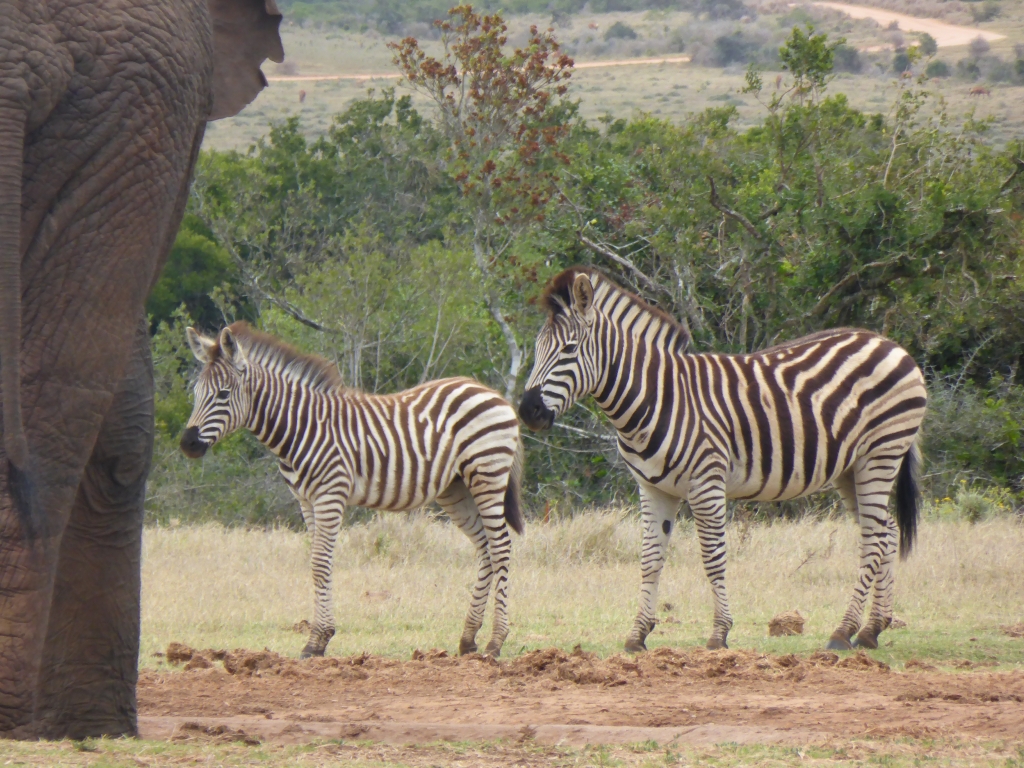
Zebras at a watering hole -
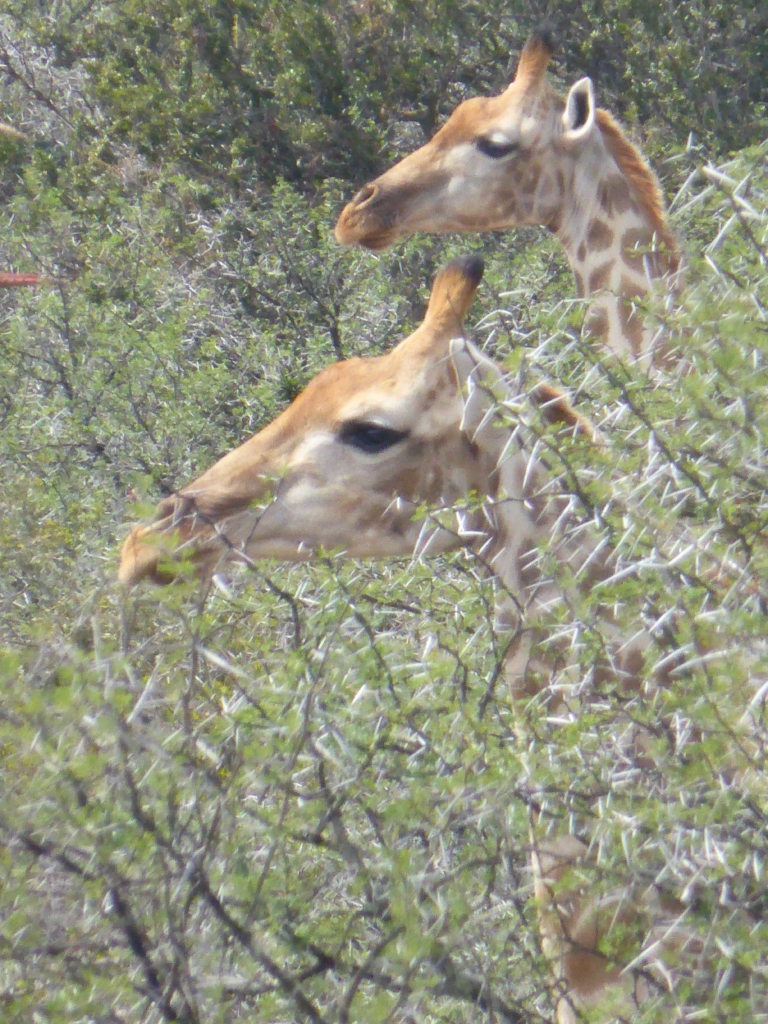
A pair of giraffes come into view -
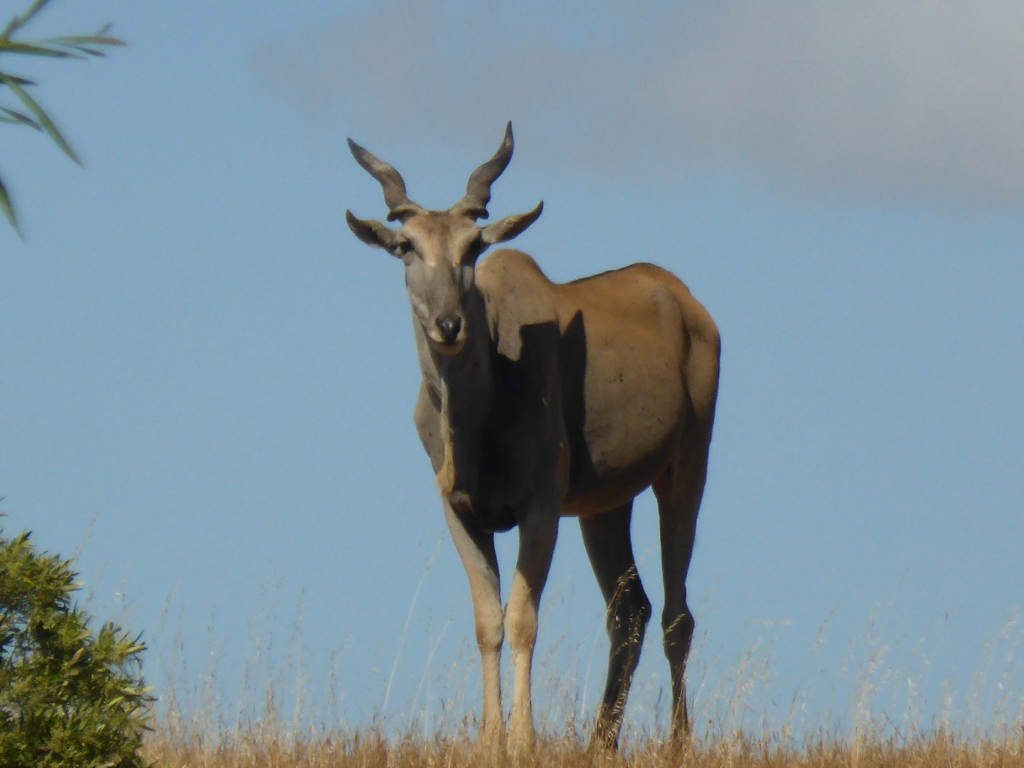
Eland on the horizon -
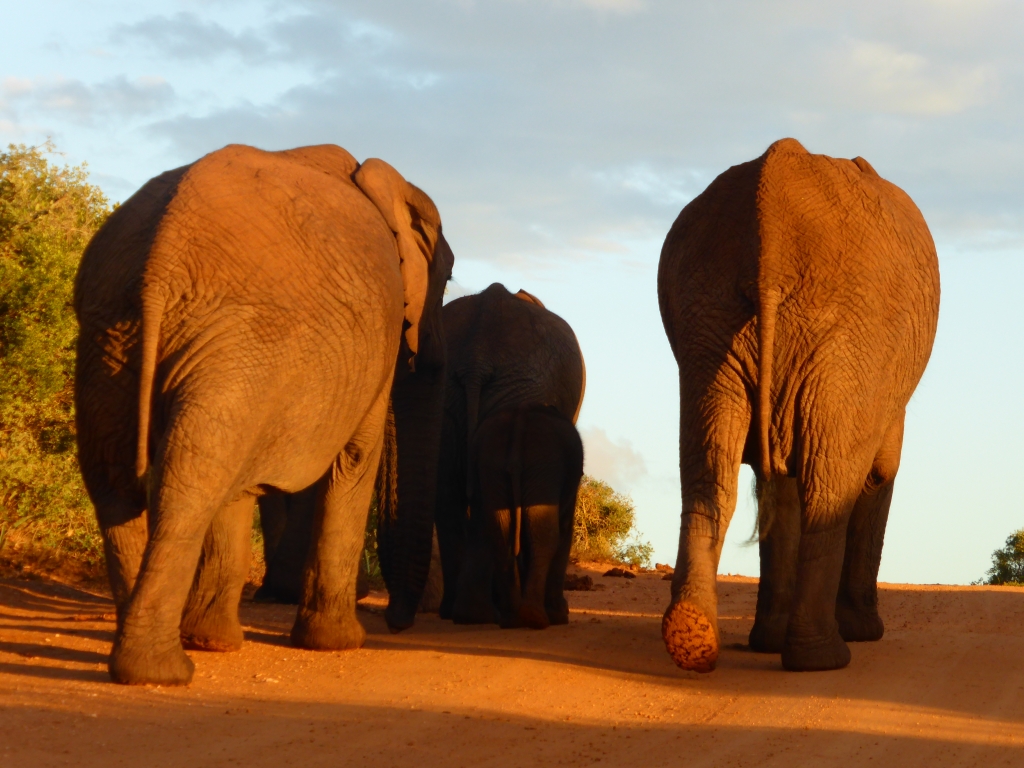
Elephants at sunset -
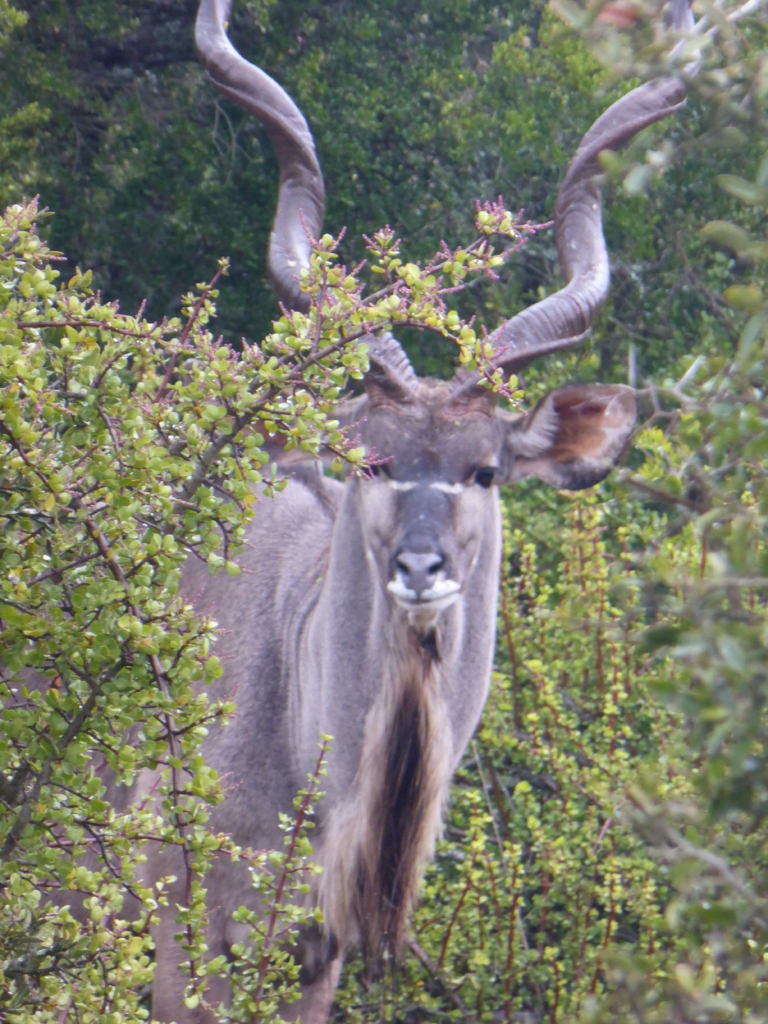
A shy kudu peeping

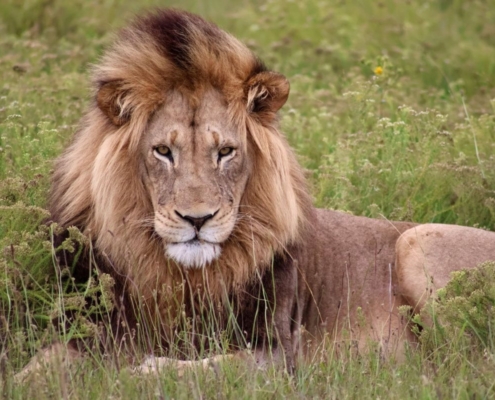
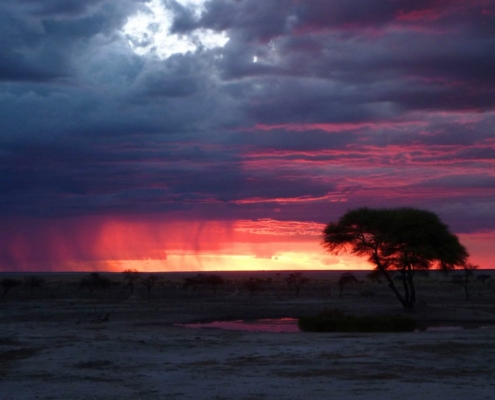
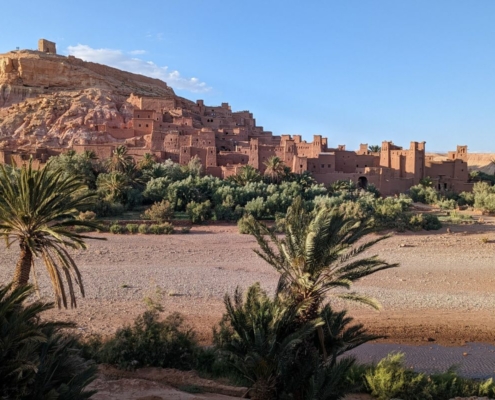
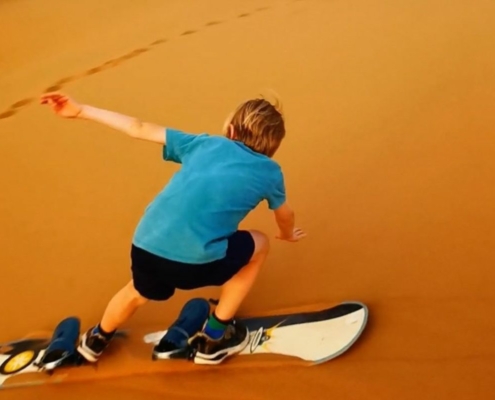
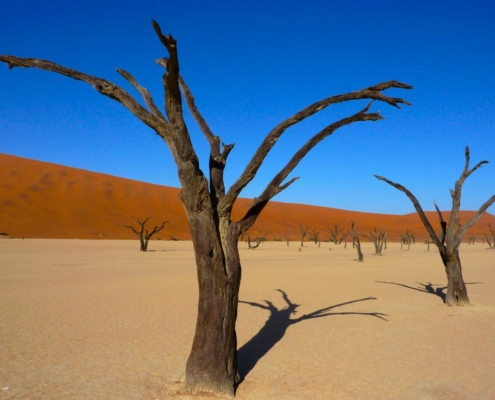
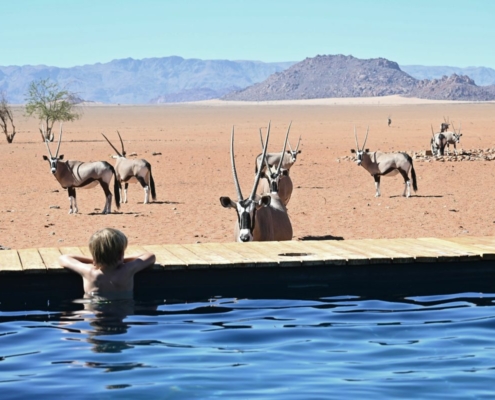
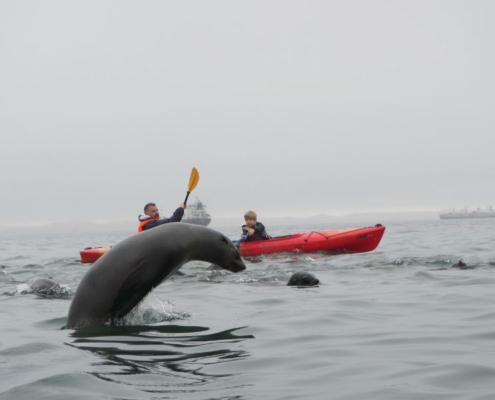
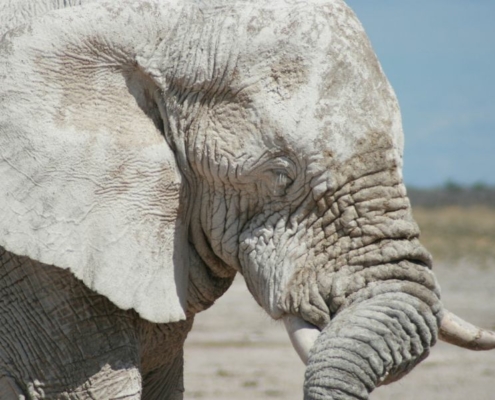



Weather could be the biggest thing which everyone should consider before travelling or making their plan for Masai mara safaris as if there is not good weather then there is no use to visit places in safaris moreover you need to plan and do research before visiting places.